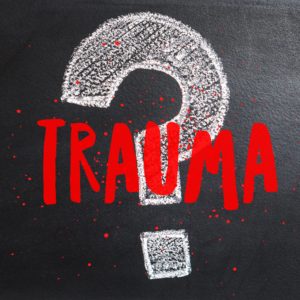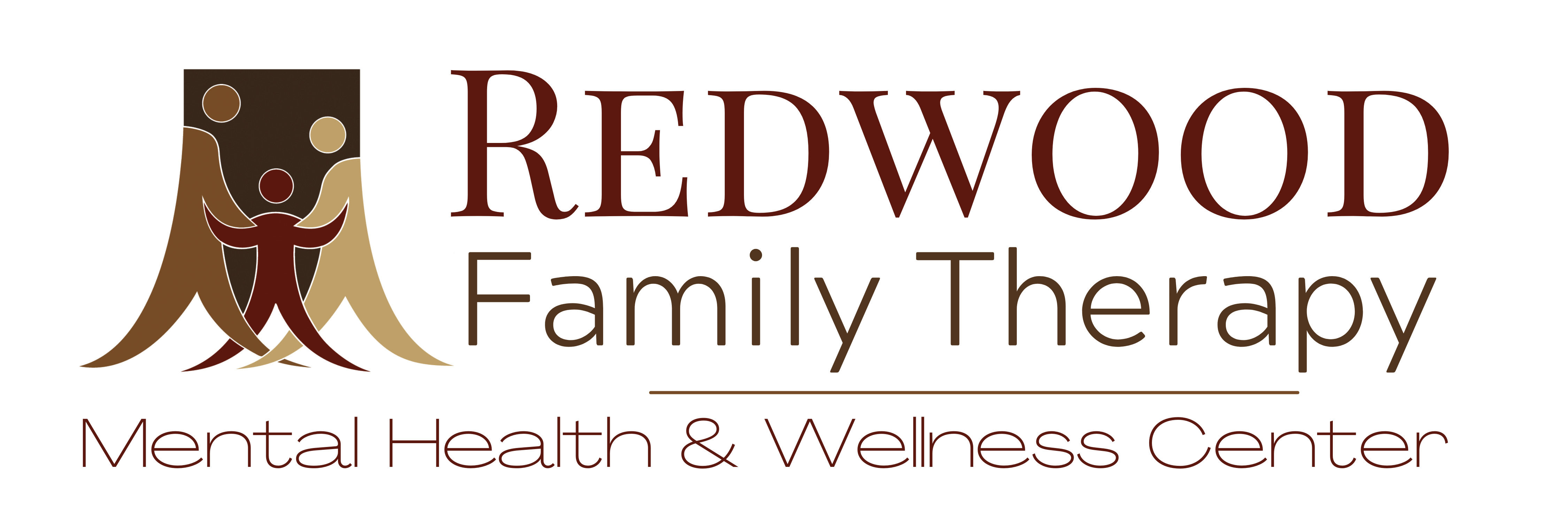What is Trauma, Really?
 Trauma is a word that is thrown around a lot these days. “I was so traumatized when they were out of navel oranges at the grocery store.” “I feel traumatized because I just found out my husband is having an affair.” “My son fell off his bike and skinned his knee, and I’m afraid he may be traumatized.” Have you said or heard comments like these? Can you tell which ones are truly traumatic? Well, this is the tricky part. There is no way to tell what events will result in someone being traumatized and which events won’t result in trauma. That’s because trauma is an individual experience.
Trauma is a word that is thrown around a lot these days. “I was so traumatized when they were out of navel oranges at the grocery store.” “I feel traumatized because I just found out my husband is having an affair.” “My son fell off his bike and skinned his knee, and I’m afraid he may be traumatized.” Have you said or heard comments like these? Can you tell which ones are truly traumatic? Well, this is the tricky part. There is no way to tell what events will result in someone being traumatized and which events won’t result in trauma. That’s because trauma is an individual experience.
We tend to think of soldiers who come back from battle as having trauma, but the truth is, not all soldiers who experience war will become traumatized. A parent could speak to two young siblings in a harsh tone of voice, and one sibling could become traumatized while the other would just let the harsh tone roll off his/her back.
So what exactly is trauma? Simply put, it’s an unexpected event that feels life-threatening which a person feels they can’t stop.
Here’s an example from my adolescence that was traumatic for me in two ways. My best friend invited me to come along on a canoe trip on the Tippecanoe River in Indiana with her Girl Scout troop. I readily agreed as I loved all outdoor activities. I didn’t know many of the girls, and I didn’t really feel like I fit in with the group. We had enjoyed a couple of good days with good weather when on the third day, we decided to pull to the side of the bank and get out for lunch. The girl in the front of my canoe got out first. I started to stand and the canoe tipped and I fell out. Now, please realize that I was a proficient swimmer with many years of experience in synchronized swimming. When I fell out of the canoe, I felt intensely afraid and was convinced that I would drown. I tried to scramble up onto the steep bank but couldn’t get a hold. My heart was racing and I broke out into a cold sweat. Then I stood up. The water was only up to my waist. To make matters worse, all the girls started laughing at me. I had just thought I was going to drown (despite the fact that this made no sense) and they were laughing at me. So I experienced the double trauma of thinking that I was going to die and being laughed at for it. It took me many years before I could recall this story without feeling my heart rate increase and the shame from being laughed at.
So was this experience really life-threatening? No, but for some reason, that’s the way I experienced it. It was traumatizing for me personally.
The key to understanding if someone, including yourself, has trauma is to focus on the individual rather than the incident. Seeking professional help to navigate this tough time can be greatly beneficial in healing. Trauma happens, but it doesn’t have to be a life sentence. There’s also the possibility of Post Traumatic Growth. After working through the trauma with a trained professional, the possibility for becoming stronger from the experience is great. I work with people who experience all kinds of traumas and I take great satisfaction in watching them grow, heal, and get their life back. Know that there is hope, no matter what the trauma you or your loved one has experienced!
